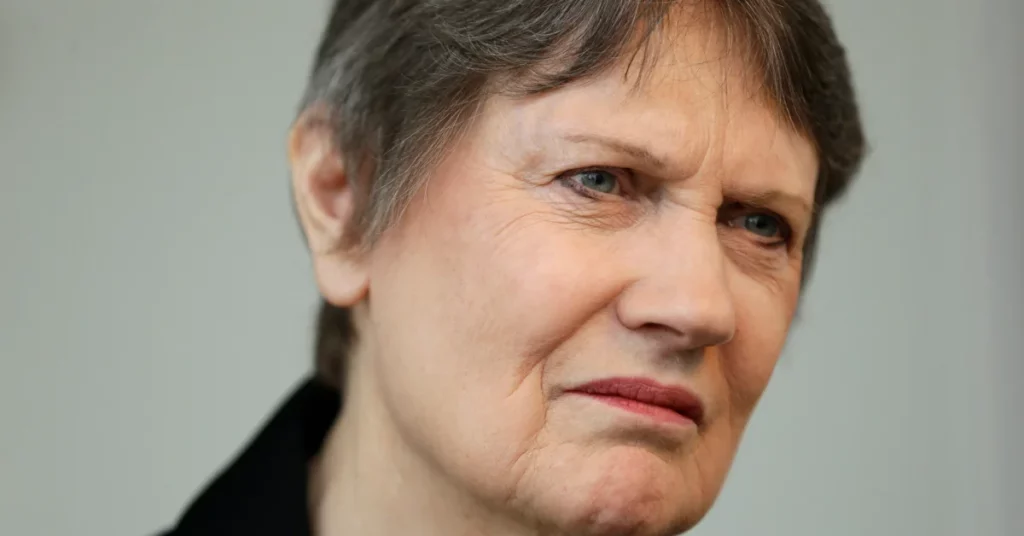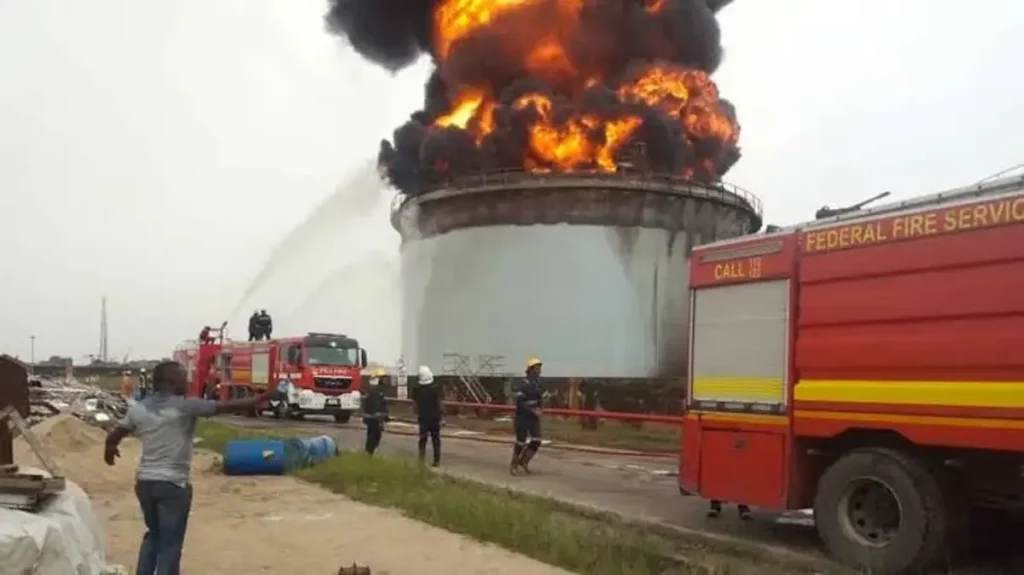The organization, which is a multi-constituency partnership global forum hosted by the World Health Organization (WHO), also noted that pregnancy and childbirth complications were among the leading causes of death among girls aged 15-19 years globally. Former Prime Minister of New Zealand and PMNCH Board Chair, Helen Clark, made the disclosure in a statement on Friday, while announcing its 1.8 billion Young People for Change campaign conference.
She said the conference will include the world’s largest convening of young people, which will hold next year October, as Global Forum for Adolescents.
According to her, “As the world marks the arrival of its eight billionth citizen, the largest generation of young people in history calls for change.”
Clark maintained that a rising global movement of 1.8 billion young people calls for greater attention to policy and financing for their health and well-being
“World population officially topped 8 billion this week, as the largest generation of young people in history – 1.8 billion adolescents and youth (aged 10 to 24) – faces an unprecedented number of challenges to health and wellbeing.
“Adolescence is a critical stage of development, but between 2003 and 2015, only 1.6 per cent of development health assistance supported adolescent programming. The situation has been exacerbated considerably by the triple threat of conflict, climate change and the COVID-19 pandemic.
“Ensuring high quality sexual and reproductive care for adolescents and young people was high on the agenda this week at the International Conference on Family Planning (ICFP2022) in Pattaya, Thailand.
“The world’s largest scientific conference on family planning and reproductive health and rights attracted more than 3,500 delegates from across governments, parliaments, NGOs, UN agencies, youth organizations, the private sector, academia and more.
“Approximately 12 million girls aged 15–19 years and at least 777,000 girls under 15 years give birth each year in developing regions.
“At least 10 million unintended pregnancies occur each year among adolescent girls aged 15–19 years in low-and-middle income countries, while pregnancy and childbirth while pregnancy and childbirth complications are among the leading causes of death among girls aged 15-19 years globally,” the statement read.
Clark stressed that due to age-related stigma and discrimination and unclear or restrictive laws, adolescents are particularly at risk of having unsafe abortions.
“Of the estimated 5.6 million abortions that occur each year among adolescent girls aged 15–19 years, 3.9 million are unsafe, contributing to maternal mortality, morbidity, and lasting health problems.
“Existing gaps in adolescent sexual and reproductive health and rights (SRHR) have been exacerbated by COVID-19, which is estimated to reduce adolescent access to modern contraceptives by 12 per cent and access to maternity care by 25 per cent,” she said.
Vice Chair of PMNCH Strategic Advocacy Committee, and Co-Chair of the Program Action Group for the Global Forum for Adolescents, Sahil Tandon said often, policies and programs are developed and designed for young people, and not by young people.
“There is potential, power, and push among young leaders and they should be shaping the agenda that impacts them with their tasks, demands and aspirations for their well-being,” he said.
YIELD Hub manager and Board Member at PMNCH, representing its Adolescent and Youth constituency, Dr David Imbago stressed the need for policymakers to ask their constituents what young people want, work across sectors, and adopt a comprehensive approach to adolescent well-being,
“It’s an opportunity for you to think about conditions and partnerships that will last for many years,” he said to policymakers during the lunch,” he said.
The ICFP2022 concluded with the launch of a global consensus report, ‘Let Them Know: A Youth-Led AYSRHR Global Roadmap for Action’.






